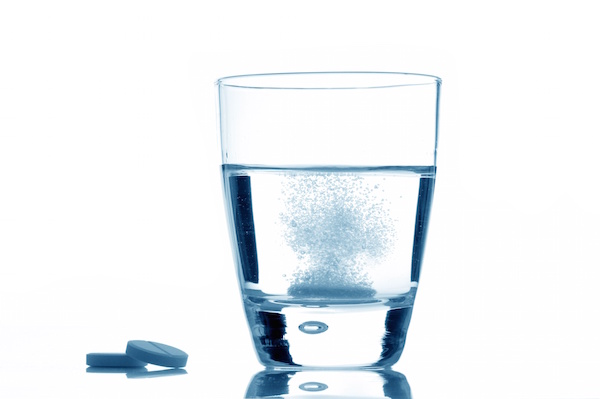
MONDAY, Feb. 11 (HealthDay News) — Most young children being treated for attention-deficit/hyperactivity disorder (ADHD ) — either with or without medication — still have serious symptoms of their condition, according to a new long-term study.
The neurobehavioral disorder interferes with the ability to concentrate. ADHD also causes restlessness, hyperactivity and impulsive behavior, which can have lasting effects on children’s intellectual and emotional development.
“ADHD is becoming a more common diagnosis in early childhood, so understanding how the disorder progresses in this age group is critical,” study lead investigator Dr. Mark Riddle, a pediatric psychiatrist at the Johns Hopkins Children’s Center, said in a Hopkins news release. “We found that ADHD in preschoolers is a chronic and rather persistent condition, one that requires better long-term behavioral and pharmacological treatments than we currently have.”
In conducting the study, the researchers followed 186 children ranging from 3 years old to 5 years old who were diagnosed with ADHD. The children were treated for several months for their condition as part of the study before being referred to local pediatricians for ongoing care.
For six years, the researchers monitored the children’s behavior, school performance and symptoms of ADHD through detailed reports from parents and teachers. Specifically, they tracked the severity of the three primary ADHD symptoms: inattention, hyperactivity and impulsivity.
Children also received thorough check-ups from study clinicians when the research began and again three and six years later.
The study revealed that 90 percent of the children continued to experience symptoms of the condition six years after their diagnosis and ongoing treatment.
Two-thirds of the children were on medication for ADHD. Their symptoms were just as severe as those of the kids who were not taking any drugs. Of participants, 62 percent of the children taking anti-ADHD drugs had significant hyperactivity and impulsivity, compared with 58 percent of children not taking medication. Moreover, 65 percent of children on medication also had serious inattention, compared with 62 percent of children not taking drugs to treat ADHD.
However, the researchers noted that it was not clear if the ADHD drugs the children were taking were ineffective. It’s possible, they said, that the children were not taking their medication as directed or they were prescribed the wrong dosage.
“Our study was not designed to answer these questions, but whatever the reason may be, it is worrisome that children with ADHD, even when treated with medication, continue to experience symptoms, and what we need to find out is why that is and how we can do better,” Riddle said.
Those children with ADHD who were also diagnosed with oppositional defiant disorder or conduct disorder were 30 percent more likely to experience persistent ADHD symptoms six years after diagnosis than the children who did not have the other disorders, the investigators found.
More than 7 percent of U.S. children are being treated for ADHD, which can interfere with children’s relationships with friends and family members as well as their learning, performance in school and physical safety, the researchers said. Experts estimate the condition costs the United States between $36 billion and $52 billion every year.
The study was funded by the U.S. National Institute of Mental Health and published online Feb. 11 in the Journal of the American Academy of Child & Adolescent Psychiatry.
More information
The U.S. Centers for Disease Control and Prevention has more about ADHD.

